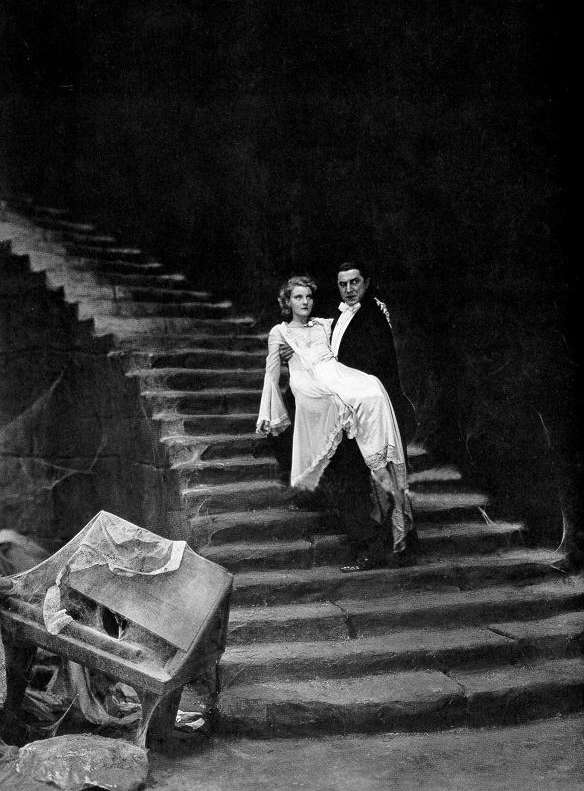“We pressed our diving faces into fields of dead, hot grass. . . An empire left in ruins.” — Arclyte — The Rest
The last two days have been hairy. I took the above pictures a few blocks from my house. Check out this video I took on my iPhone. The basement where we record all the new Theatre Intangible improvs is currently lined with a few inches of water in one corner. Luckily, not much is damaged. But that’s more than I can say for other parts of the city, which are literally destroyed.
Quote of the showcase:
“Theatre Intangible is an avant-garde/experimental show. A lot of people may say that [Arclyte] doesn’t fit that label.” – Tony Youngblood, host.
“Those people can kiss our asses.” Charlie Rauh, guitarist, Arclyte.
In brighter news, I’ve finally finished editing the Arclyte artist show (Theatre Intangible Podcast 18) contained herein for your listening pleasure. I have often mentioned that Arclyte is my favorite local band. The sparse baroque sounds of Arclyte members Chris Rauh, Charlie Rauh, and Craig Schenker go well with upturned cars and uprooted trees.
Arclyte is a Nashville/DC minimalist rock band reminiscent of Emily Haines and Low. The Theatre Intangible session is the last Arclyte show for the foreseeable future. Singer and bassist Chris moved to Washington DC the day after we recorded this.
Discussed in this episode: Cultural Reflex Dance, Anthony Braxton, Hildegard Von Bingham, Mary Halvorson, John Butcher, Sigfried Sasoon, Wilfried Owen, Robert Graves, Rupert Brooke, Emily Haines, Lady GaGa, Portishead, Denali
Click the download link below for the entire podcast, including the interviews. Or, simply subscribe in iTunes. If you want the music without the interview, you can download the songs here in 320 kpbs, embedded in a zip file, including an improv piece not available in the podcast. Enjoy.
Podcast: Play in new window | Download (Duration: 49:05 — 67.5MB)




